The EIFF is a little different this year. Oh who we are kidding, it’s hella different. And, as always happens with change to tradition, opinion is divided; director James Mullighan has presented the weakest programme seen in years; director James Mullighan is wrenching the film festival back onto the right path…. the heavy slant towards documentary films is because most of the dramatic premieres EIFF aimed for fell through; the documentary is finally being treated with the seriousness it deserves… the removal of competition will make the festival less attractive to filmmakers; the lack of competition creates a healthier, more constructive atmosphere. And so on.
Certainly, the Powers that Be did themselves no favours with the confusing communications that issued from EIFF HQ in the months leading up; Mark Cousins and Tilda Swinton were the new directors; no, no, just curators. Actually, James Mullighan, from Shooting People, was the new director, but it would be lead by Cousins and Swinton. No, Mullighan’s actually the *producer*… no, director. Definitely director…. Wait, you’re getting rid of the red carpet, any competition, and the traditional model of ‘screenings’, going instead for curated programmes spanning themes and concepts? Ah, no, ok, the premieres are definitely back (public love a good celebrity special), but the curations will stay, and some big names are involved. But said esteemed personages won’t actually be *present*? They’ve more… jotted down what they’d like to see. In an email. Yes. Curation. *cough*
So, as a local who’s been working/delegating/writing at the EIFF for roughly 8 years, I entered the press launch in May with a large feeling of dread in my stomach; I’m pretty emotionally attached to the festival, I’ll admit, and from any angle, it just wasn’t looking good…
But I was won over. I’m still not sure exactly what did it – Mullighan’s refreshing refusal to attempt to cover up the problems they’d been through certainly helped – but I left with a grudging admiration for the new director, and a renewed sense of excitement. This year will be a trial by fire, and the whole film community is watching – it’s the end of the first week and thus far the jury’s still out. Let’s consider the pros and cons…
The screenings side of the programme isn’t that ground breaking; there are few films that make one sit up and go ‘Oooohh’ – one notable exception being Hell and Back Again, Danfung Dennis’ remarkable war documentary. Think The Hurt Locker, taken to the next level - but the events side more than makes up for it. 2011′s events contain some of the most relevant, most accessible and most interesting there’s been for a long while: several (cheap) writing workshops, enormous amounts of film sound and composition investigations, and free events with speakers that you’d happily pay for.
But not only the content is good, but the format too – by taking over Teviot (dubbed ‘Festivalhouse’ for the duration. Ouch.), the EIFF crew have created a central, one-locationed, large, good-looking hub. The festival’s offices are there, the industry is there, the after hours socialising is there, and the public are there – forget the ostracising and ironically (nearly always) empty ‘Delegate Centre’ round the corner from the Filmhouse of previous years, suddenly the mood is so much more… open. The corridors, conference rooms and bars are accessible by all, and well, let’s face it: networking is hideous enough that anything that helps the mingling begin is A Good Thing.
This could backfire, of course: the combo of an average screening programme and a hub that’s a 20 minute walk from the main cinema means that the majority of those I’ve encountered at, er, Festivalhouse thus far have also had some form of pass hanging round their neck… integration is definitely to be encouraged, but one can’t put all one’s faith in ‘if you build it, they will come’.
So…. far so good. Now. Off to watch Ewan McGregor get mobbed at the Festival Theatre, and listen to the nice chaps from Distrify (met earlier in the year at the Glasgow Short Film Fest) explain why they are the future of monetising your film online. Maybe it’s just my love of the underdog, but I’m kinda rooting for Mullighan and co. Here’s hoping.
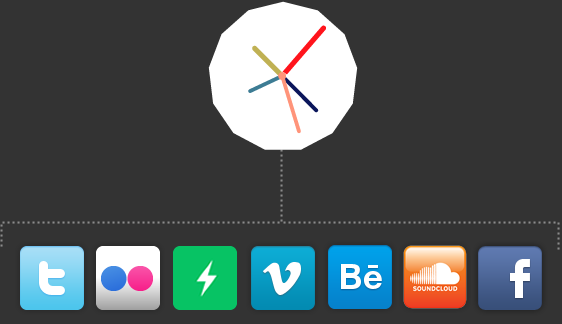

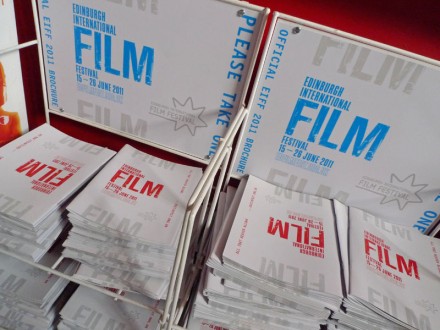
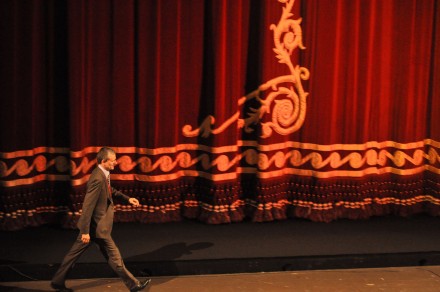
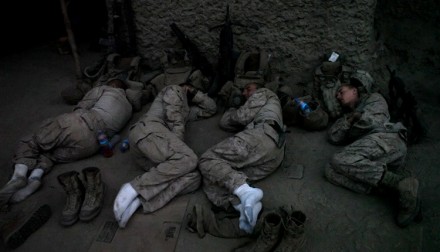
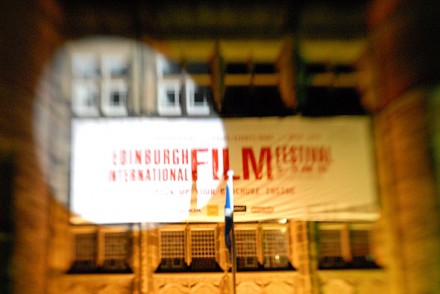

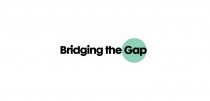










Comments